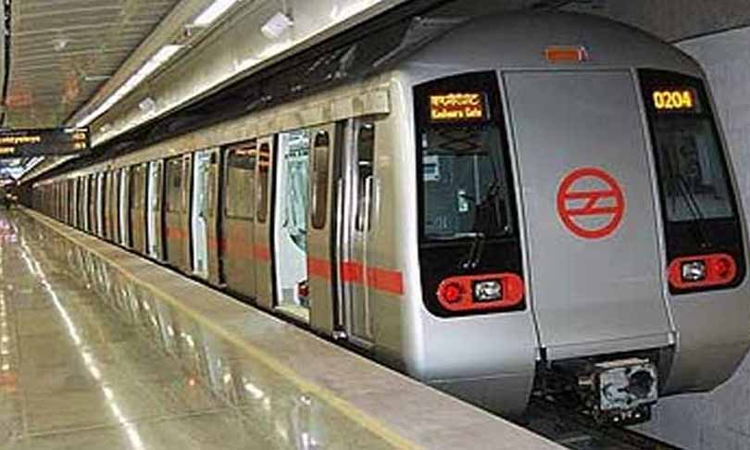CESTAT Allows Cenvat Credit To Delhi Metro Rail Corporation On Consulting Engineer’s Services
Mariya Paliwala
17 Feb 2023 10:30 AM IST

Next Story
17 Feb 2023 10:30 AM IST
The Delhi Bench of the Customs, Excise and Service Tax Appellate Tribunal (CESTAT) has granted Delhi Metro Rail Corporation a cenvat credit for consulting engineer services.The bench of Anil Choudhary (Judicial Member) and P.V. Subba Rao (Technical Member) has observed that the input credit on a consulting engineer’s service was 100% allowable under Rule 6(5) read with Rule 2(l) of the...
